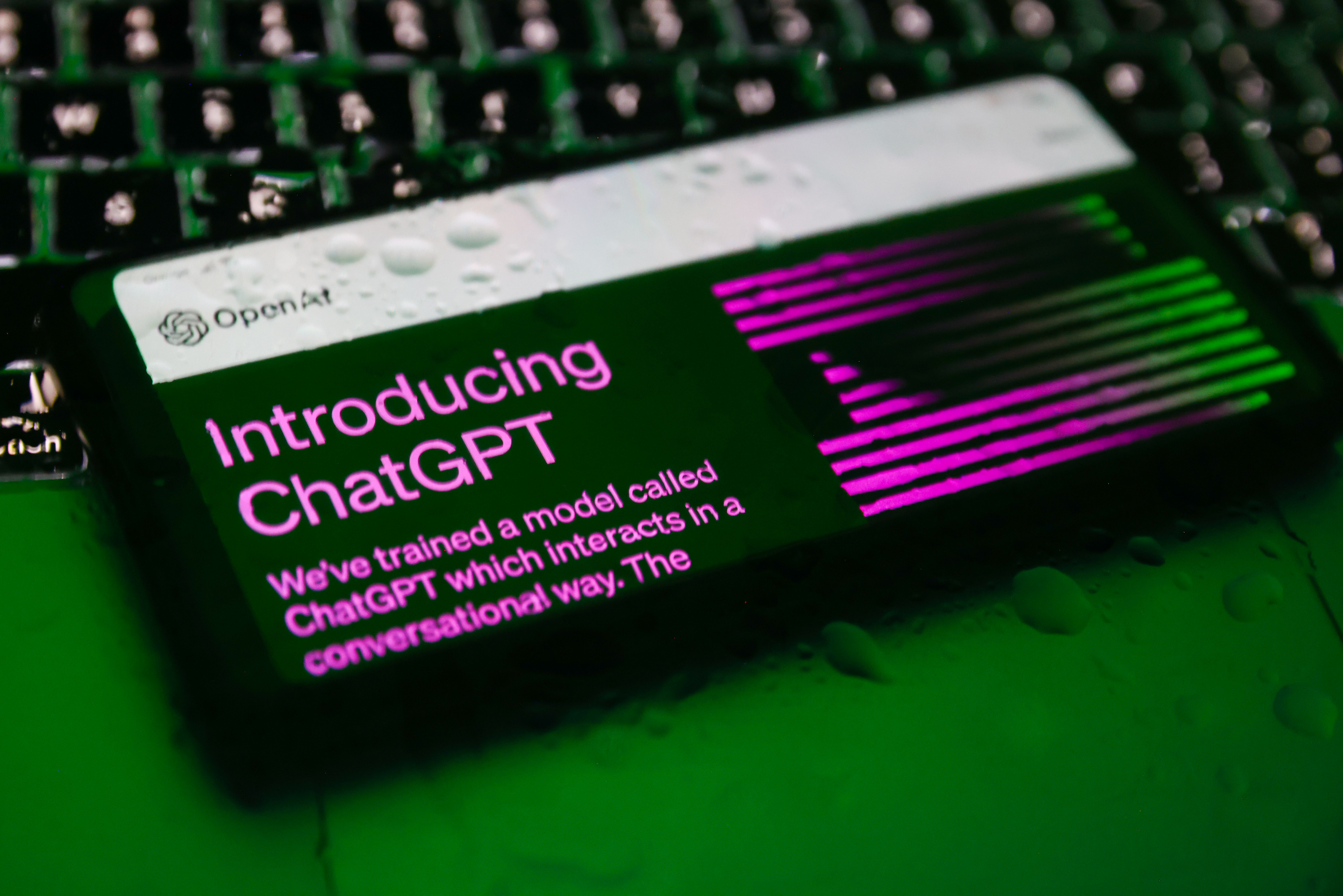40% of Spanish workers prefer AI to make decisions for them, according to a study | technology

In just over four months, ChatGPT has managed to find a place in the routines of many Internet users, whether they are students or working people. Many may not be clear about the technology that supports it or why thousands of experts have requested that the program be suspended for a few months. However, the presence of artificial intelligence in our daily tasks is so naturally assumed that, according to a study by Oracle, a cloud platform and application company, 40% of Spaniards prefer algorithms to make decisions on their own.
In the report The Decision Dilemma (The Decision Dilemma), published on Wednesday, data was collected from more than 14,000 employees and entrepreneurs from 17 countries, including Spain. Faced with the problem of data saturation, 45% of presidents in our country would prefer that all difficulties arising from it disappear, and that artificial intelligence takes decisions in their place. Javier Arroyo Gallardo, professor at the Department of Software Engineering and Artificial Intelligence at the Complutense University of Madrid, is surprised by these figures: “It seems to me that they show very high confidence in artificial intelligence (AI), when in fact, in society it is not very clear about what it is and how it works. , which confuses us because there are too many tools or too complex,” he explains. Globally, the percentage of people who authorize algorithms is 64%; And 70% if we refer to business leaders.
Among the conclusions drawn by the American company, it is clear that for 73% of the 1,000 Spaniards surveyed, the number of decisions they make every day has multiplied by 10 in the past three years, and when they try to make a decision, 85% feel bombarded with more data from different sources. more than ever. In the same way, 82% assert that the volume of data makes it very difficult to make decisions in their personal and professional lives and 59% admit that more than once a day they do not know what decision they have to make. Despite the concern that the volume of data and the difficulty of processing so much information can generate in people, the computer science professor explains that “we must better understand the implications if AI algorithms make sensitive decisions for us,” as we may end up It is about feeling devalued or alienated.
Arroyo insists that while tools like ChatGPT can help us solve many tasks, “they are not specifically designed for decision-making and it would not be appropriate to delegate them; at least, if they are decisions that are important to us, involve other people or may otherwise affect dangerous to the environment around us.
The study indicates that for 81% of Spaniards, the inability to make decisions has a negative impact on their quality of life and causes peak anxiety (43%), loss of opportunities (25%) and unnecessary expenses (19%). Due to the saturation of information and the difficulty in distinguishing reliable sources, 94% of those surveyed changed their way of making decisions in the past three years. Of course, according to 81% of business leaders, the decision is often made first and then data is sought to justify it. Moreover, 24% of employees feel that many decisions made in their company are irrational. According to Albert Triola, General Manager of Oracle Spain, “Business leaders who make critical decisions about the management of their companies and do not take data into account face great risks.”
Delegating sensitive decisions to AI is complex, Javier Arroyo reiterates, and for this, AI must be transparent and “auditable”. “It must be possible to review and understand the decisions you make and the norms that guide them, it must be predictable because that allows us to know what to expect and there must be a possibility to assign responsibility if problems arise. If decisions have an ethical aspect, it is complex to delegate them to Artificial intelligence because there is no one universal ethic and it must be borne in mind that systems, in most cases, learn from data and can therefore reproduce biases and perpetuate those that we do not consider ethical or even illegal,” he adds.
You can follow country technology in Facebook And Twitter Or sign up here to receive The weekly newsletter.




